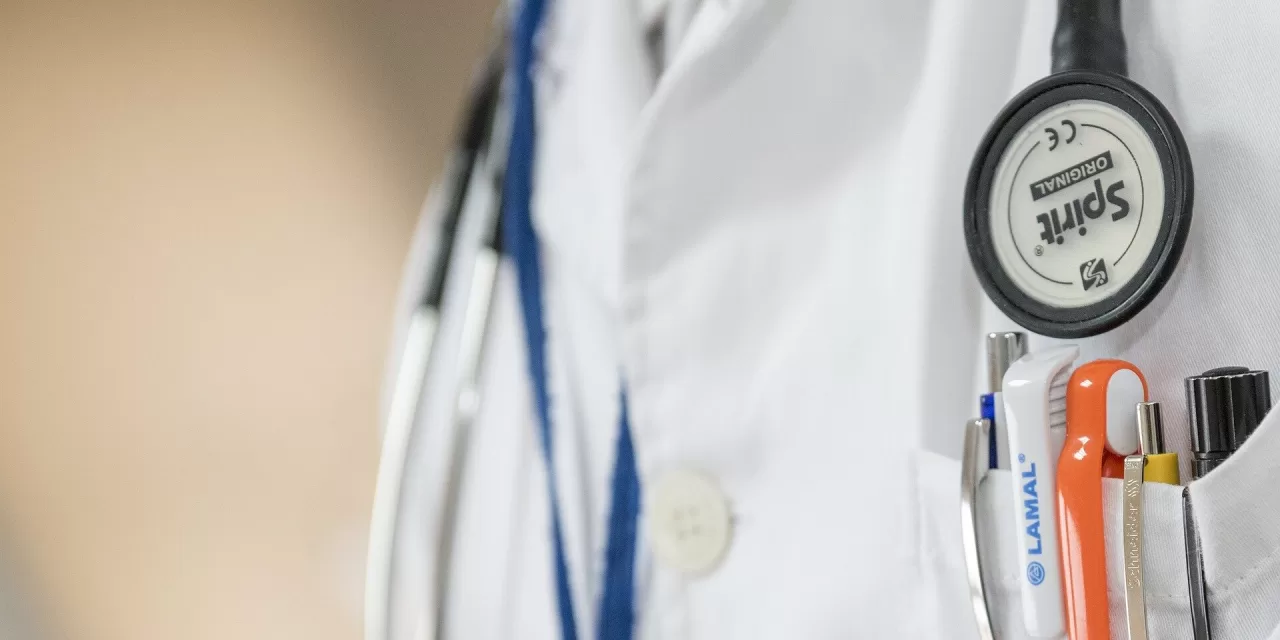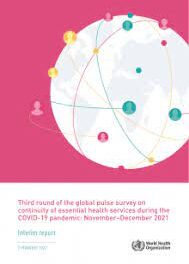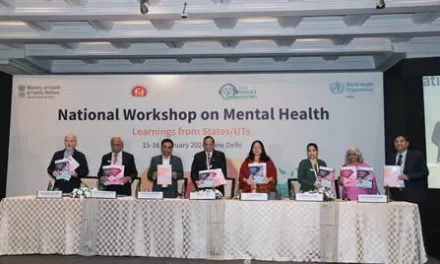The Evolution of Global Health Guidelines
In a pivotal move towards enhancing global health governance, the World Health Organization (WHO) convened the seventy-ninth meeting of its Expert Committee on Biological Standardization in March 2024. Held virtually from March 11 to 14, this critical gathering focused on refining and establishing guidelines essential to the safety, quality, and efficacy of biological products. As the global health landscape continues to shift, particularly in the wake of the COVID-19 pandemic, these discussions were both timely and crucial.
The meeting’s agenda extended beyond mere reviews of existing standards; it charted new directions for global health standardization. WHO’s commitment to aligning health guidelines with the latest scientific advancements was evident as the committee underscored the importance of maintaining the highest possible health standards worldwide.
Strategic Directions in Biological Standardization
A significant portion of the committee’s efforts was dedicated to discussing the strategic direction of biological standardization. Given the ongoing challenges posed by the COVID-19 pandemic, recent and planned updates to WHO’s written standards for biological products were scrutinized with a focus on their global impact.
The WHO Product Development for Vaccines Advisory Committee (PDVAC) played a pivotal role in this discussion, reporting on its support for the development of new vaccines targeting tuberculosis, shigella, and respiratory syncytial virus (RSV). These vaccines are crucial for combating diseases that continue to affect millions, especially in lower-income regions. The committee’s emphasis on updating these guidelines reflects WHO’s proactive approach to ensuring that new health products are safe, effective, and accessible to those most in need.
Enhancing Global Health Safety
The meeting also placed significant emphasis on international recommendations and guidelines that ensure the safety, quality, and efficacy of biological products. A key focus was on monoclonal antibodies (mAbs), which have become integral in treating and preventing diseases like COVID-19. Given the persistent threat of COVID-19 and the emergence of new variants, the committee underscored the necessity of rigorous evaluation of mAbs to guarantee their safety and effectiveness. This focus is a clear indication of WHO’s dedication to maintaining the highest standards in health safety.
In addition, the committee recommended updates to WHO guidelines on good manufacturing practices for blood establishments and live attenuated rotavirus vaccines. These revisions are designed to incorporate current practices and technological advancements, ensuring that health products continue to meet stringent criteria for global distribution.
The Path Forward: Harmonizing Global Standards
As the meeting concluded, the committee turned its attention to the future of biological standardization, highlighting the need for global harmonization of health standards. It was emphasized that merely updating these standards is not enough; consistent application across regions and countries is crucial to ensuring that biological products maintain their quality and safety as they traverse global markets.
The committee also discussed the development of new international reference materials for biotherapeutics, such as golimumab and interleukin-2, and considered the potential discontinuation of outdated standards. These actions would enable more relevant and current guidelines to take precedence, fostering an environment where global health can thrive.
The decisions made during this meeting will undoubtedly have far-reaching implications for global health. WHO’s leadership in setting and updating these standards ensures that biological products meet the highest possible benchmarks, ultimately safeguarding public health on a global scale.












